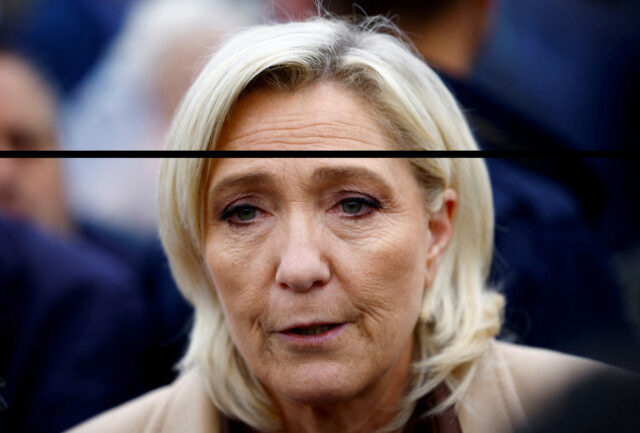France is facing a historic election with the far-right National Rally (NR) party now poised to take power. French voters are heading to the polls on Sunday in the first round of a snap parliamentary election that could result in the country’s first far-right government since World War II.
National Rally won the European elections
This pivotal vote follows President Emmanuel Macron’s call for elections after his centrist alliance suffered a significant defeat in the recent European elections to Marine Le Pen’s National Rally (RN). Le Pen’s eurosceptic and anti-immigrant party, once marginalized, now stands closer to power than ever.
Polling stations open at 0600 GMT and close at 1600 GMT in smaller towns, with larger cities remaining open until 1800 GMT. Initial exit polls and seat projections will be available as soon as the polls close, but the final distribution of seats in the 577-seat National Assembly won’t be confirmed until July 7.
Le Pen win could change the direction of French politics
Le Pen confidently predicts an absolute majority for her party, envisioning her protégé, 28-year-old Jordan Bardella, as the next prime minister. The RN’s platform includes high public spending and reduced immigration, marking a potential shift in French politics and diplomacy. A victory for the RN could lead to a challenging cohabitation between Macron and Bardella, with possible conflicts on global issues and a shift in France’s stance within the EU and on the Russia-Ukraine war.
Opinion polls currently place the RN in the lead with 33-36% of the vote. The left-wing New Popular Front coalition trails with 28-31%, and Macron’s centrist alliance is third with 20-23%. The New Popular Front spans parties from moderate centre-left to hard-left eurosceptics, led by Jean-Luc Melenchon.
Could non-far right voters vote for the far right?
Predicting seat distribution is complex due to the election system, where candidates need an absolute majority in the first round to win. Most constituencies will require a second round involving candidates who secured at least 12.5% of registered voters. Split voting, influenced by high participation rates, could benefit the RN.
Historically, non-far-right voters united against the far-right, but this may change. It’s uncertain if Macron’s camp will drop out in the second round to support left-wing rivals against the RN. Despite efforts to moderate its image, the RN remains controversial, with critics arguing its policies still stigmatize Muslims and foreigners.
With inputs from Reuters
Traveller, bibliophile and wordsmith with a yen for international relations. A journalist and budding author of short fiction, life is a daily struggle to uncover the latest breaking story while attempting to be Hemingway in the self-same time. Focussed especially on Europe and West Asia, discussing Brexit, the Iran crisis and all matters related is a passion that endures to this day. Believes firmly that life without the written word is a life best not lived. That’s me, Ashwin Ahmad.





